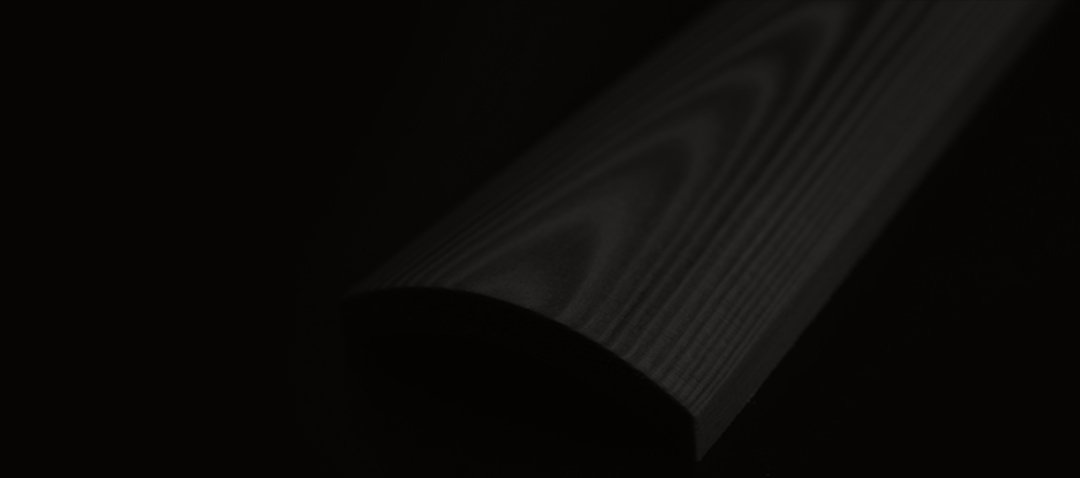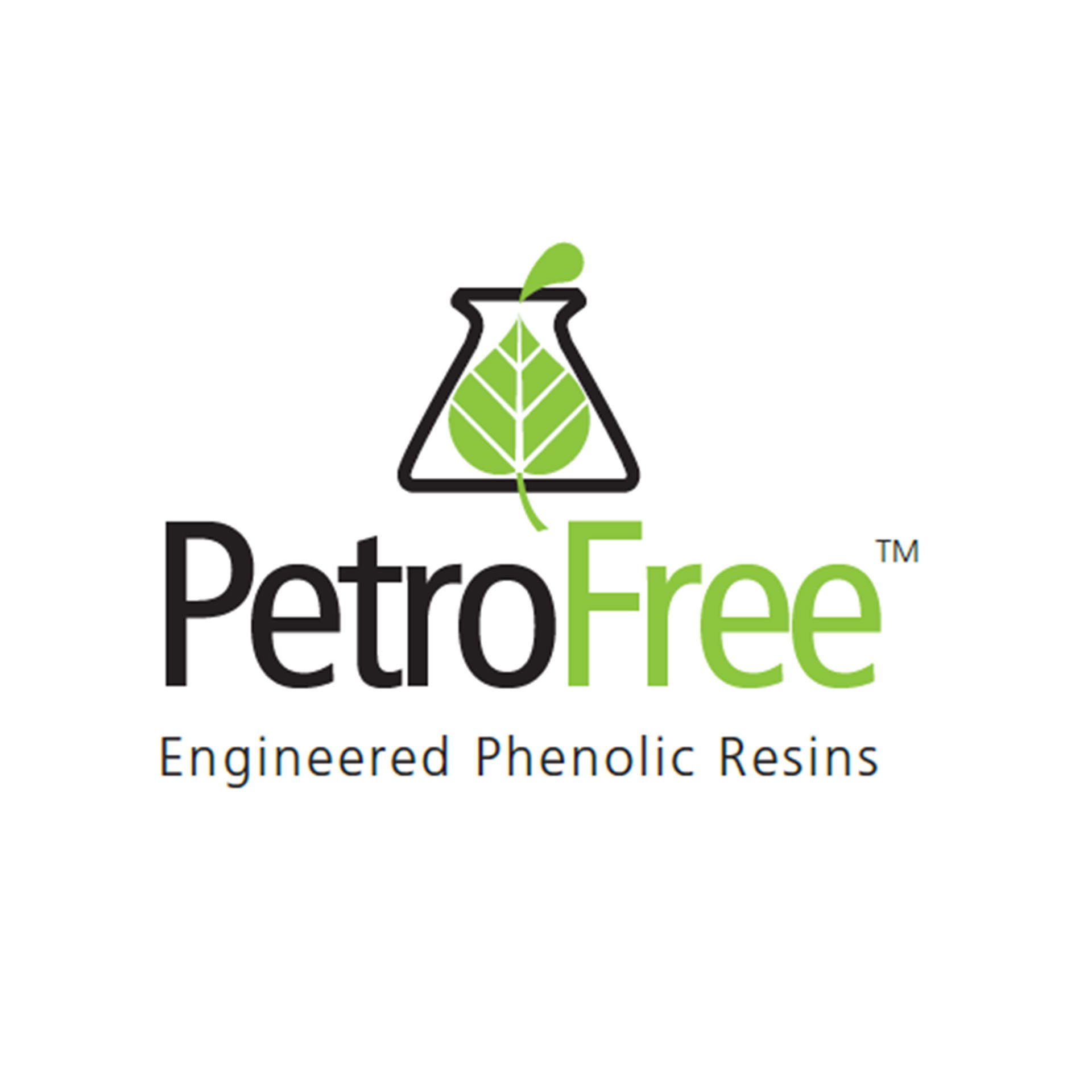PRESENTING 2 ECO- FRIENDLY OPTIONS TO CHOOSE FROM
SONOWOOD | GAIATONE FITTINGS
Ebony, historically used for violin fingerboards, tailpieces, pegs, nuts, saddles and chinrests, is under extreme pressure in our world of diminishing resources. Development, roads, agriculture and logging have depleted ebony reserves in natural forests. We believe that making music should not come at the cost of our environment!
To this end, V. Richelieu™ has sourced two eco alternatives. Options that are beautiful, all-natural, and fully functional as ebony alternatives. Sonowood™ stock is manufactured in Switzerland, is made from compressed wood of sustainable species: spruce, maple, and beech. Sonowood is 100% natural, 100% sustainable and aesthetically attractive! Sonowood provides the strength and tonality fingerboards require and planes, chisels, and sands similar to ebony. Sonowood fingerboards and tailpieces are milled in Vermont.
V. Richelieu™ is also using a post-consumer paper product to create the GaiaTone violin fittings. GaiaTone fingerboards are visually nearly indistinguishable from ebony and yet are made from 95% post-consumer paper waste bound with bio-resins. GaiaTone fittings are petroleum free. GaiaTone fittings are available for pre-orders and we will be shipping in early 2023.
WHY CHOOSE EBONY ALTERNATIVES?

“Sonowood and GaiaTone are both valid replacement options for ebony as the fingerboard, saddle, and nut material.
Since our industry is facing continuous pressure in investing in ebony alternatives to comply with current and future CITES designations in appendixes 2 and 3, I am very grateful that these new materials exist and can be incorporated into instrument making.”
“We have put fingerboards on instruments. Our luthiers liked them a lot. Jonathan especially has had a lot of fingerboard experience and he really loved working with it. Charlie too loved working on it and it glued on beautifully.”
TESTIMONIALS
Sustainable options for stringed instruments
SONOWOOD
Sonowood is a natural wood product that compresses common, sustainably harvested species into an attractive, dense stock that has the strength and tonal response of traditional ebony. Ebony wood stocks are diminishing and Vermont Violins is proud to offer this beautiful and effective alternative to violin makers throughout North America. We have used Sonowood fingerboards on over 200 of our own V. Richelieu™ instruments.
Swiss Wood Solutions is a start-up company developing novel, wood-based materials and products. They provide pioneering product solutions which help to preserve endangered tropical woods and replace harmful plastics.
GAIATONE FITTINGS
Luthier workshops will find GaiaTone an economically and visually similar alternative to ebony. GaiaTone fingerboards are sufficiently porous to bind with hide glues. The stock shape can be adjusted with sandpaper, rasps, and planes along the top and bottom surfaces. The dark, black color is consistent throughout the product. GaiaTone fittings have similar technical specifications to ebony, but are more stable. GaiaTone fittings are available in non-black colors as well for kids, rockstars and players desiring an alternative look and personality.
GaiaTone Fittings are milled in Vermont, USA. Fingerboards have scoop, undercuts, rounded edges---ready to install.
SONOWOOD
Density (and relative weight) similar to Ebony
Sound velocity higher than Ebony (5500 vs 4500 m/s)
Compressed, sustainably sourced wood with no petroleum and no plastic component
Hardness slightly higher than Ebony
Aesthetically attractive maple, spruce, and beech - Feels like Ebony
Compatible with traditional workshop tools
Hide glue compatible
Raw material made in Switzerland. Final product milled in Vermont, USA
GAIATONE FITTINGS
Density (and relative weight) similar to Ebony
Sound velocity lower than Ebony (3500 vs 4500 m/s)
95% post-consumer paper combined with bio-resins. No petroleum and no plastic component
Hardness slightly higher than ebony
Look and feel similar to Ebony
Compatible with most workshop tools
Hide glue compatible
Costs similar to Ebony
100% made in the USA
Ebony is facing threats due to overharvesting and habitat loss. Much of the Ebony Wood Is Unused and Wasted.

















